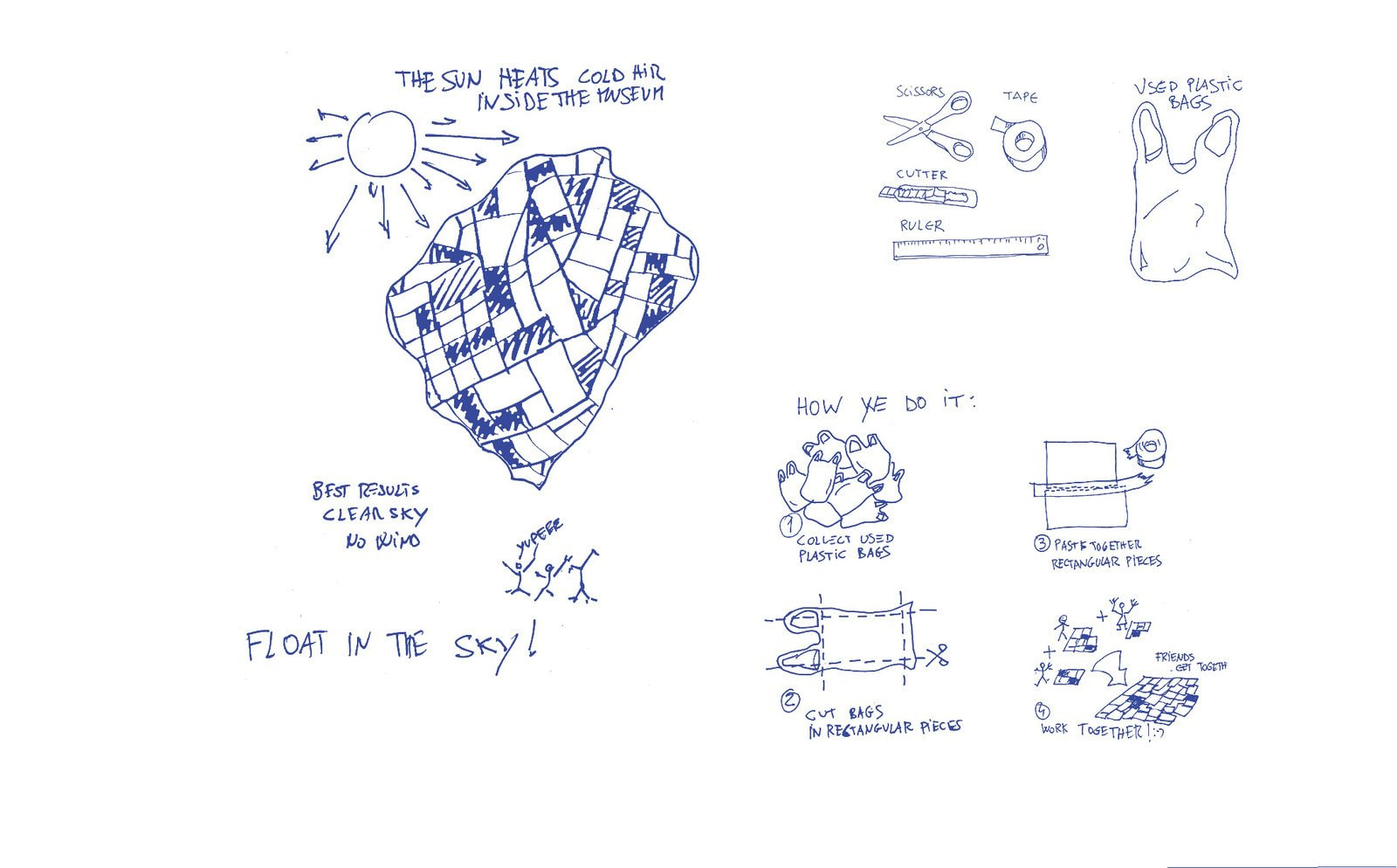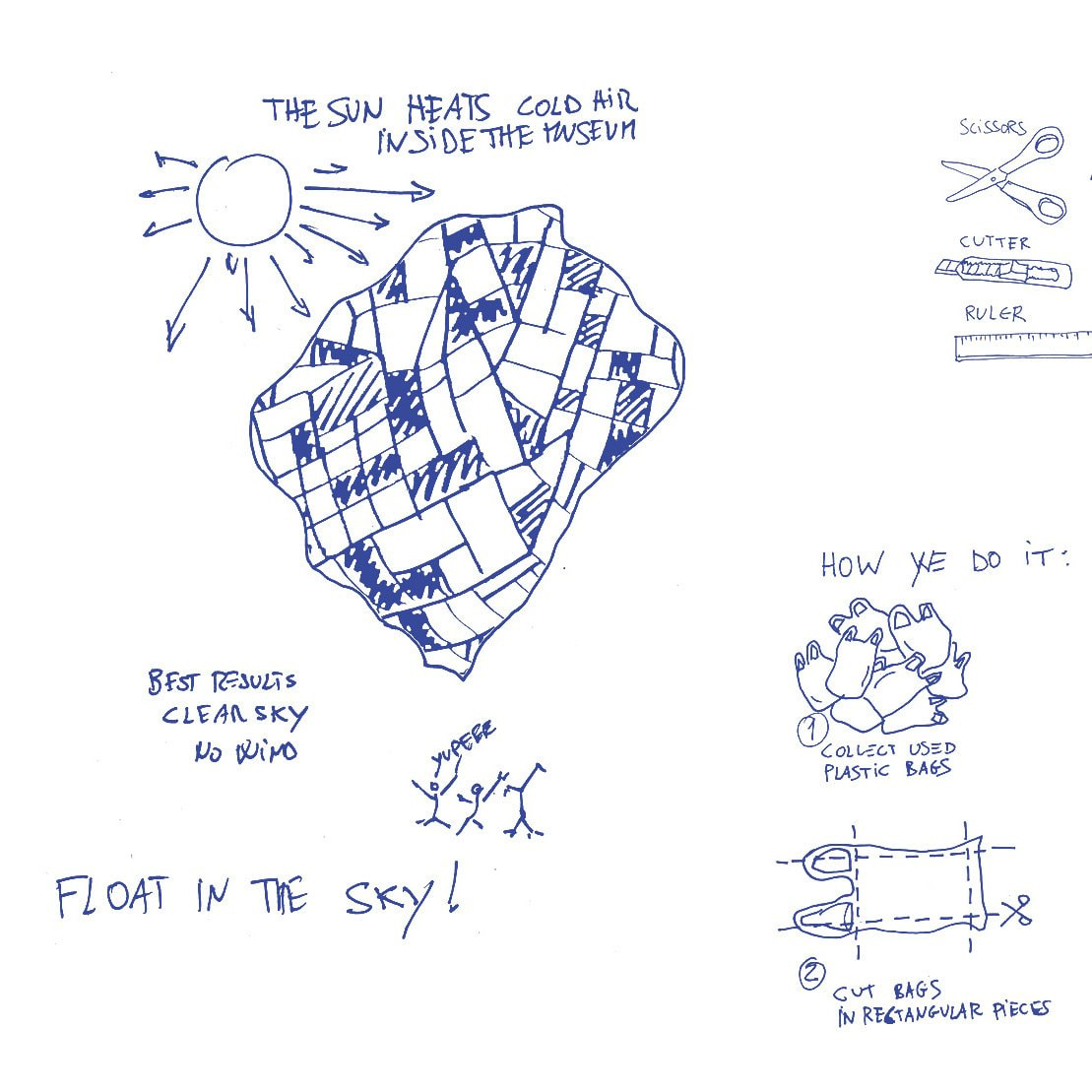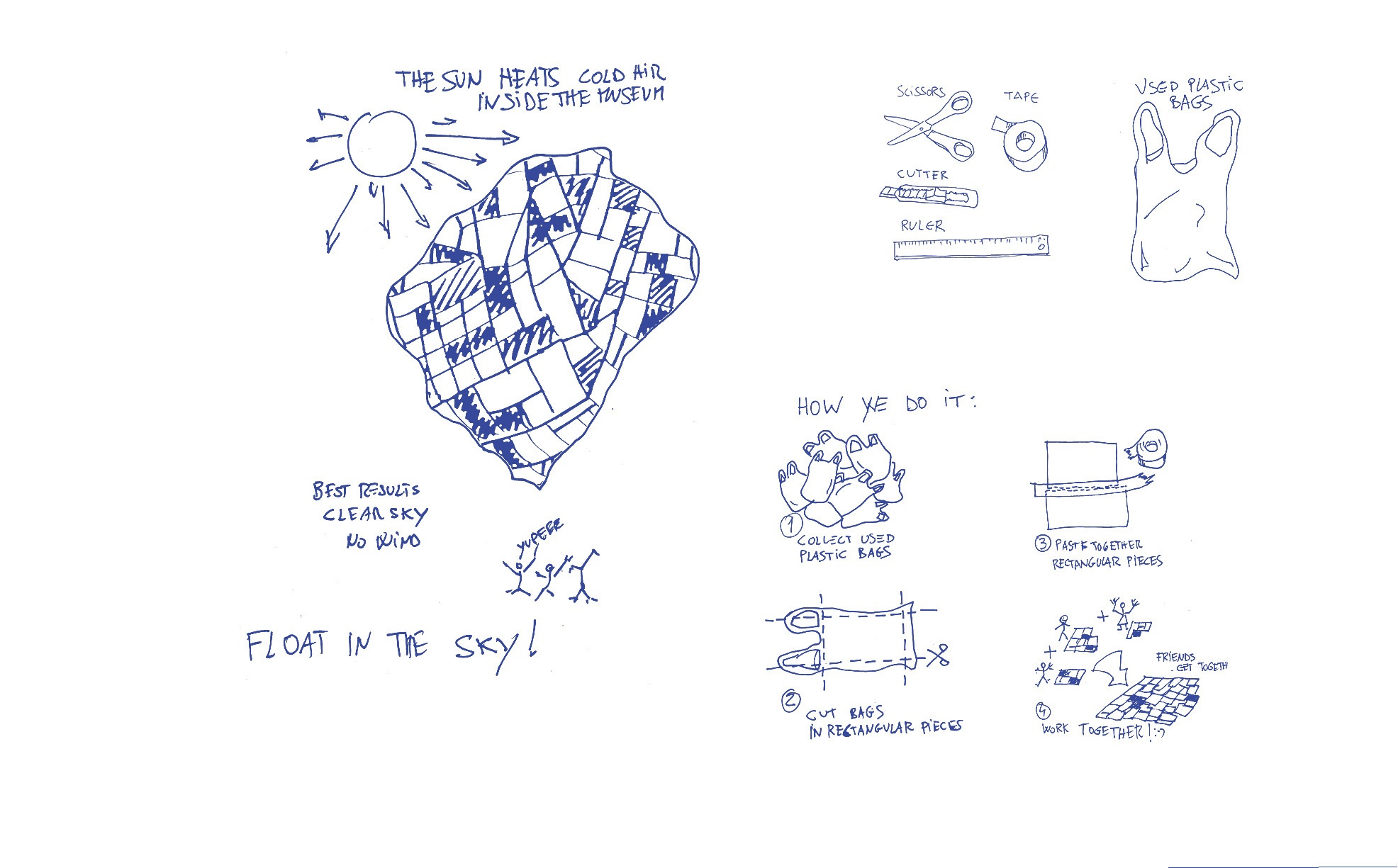The reading group participants will get introduced to texts by Tomás Saraceno and like-minded authors dedicated to the Aerocene concept. The texts will be scrutinized from the viewpoints of science, technology, contemporary philosophy, and art.
Aerocene is an attempt to provide a sustainable response to the challenges of our time's ecological and economic crises. These crises are called different names by different researchers. For instance, Eugene Stromer and Paul Crutzen propose to call it the Anthropocene; Andreas Malm and Jason Moore, the Capitalocene; researchers from the University of Aarhus, the Plantationocene, etc. However, all academics point to the negative consequences of universalist anthropocentric thinking while also providing alternative definitions of the modern-day geological era, in which the temporality of the Earth is inextricably linked with human history. Obviously, such a connection between human and non-human times requires a revision of basic economic and political attitudes and how we think about progress and history as a whole.
As Donna Haraway notes, just like any universalist attempt to "explain everything," the Anthropocene risks turning into a too large narrative that obscures the importance of local decisions and initiatives, giving the false impression that nothing depends on individuals and communities in the context of human history or the evolution of species. Today we need other histories—ones that shift the focus from the "deadly" histories of progress to the histories of creation and cohesion.
Members of the reading group will try to find an answer, whether the concept of the Aerocene—understood as a new era of geopolitical freedom from borders and fossil fuels; an era of free access to the atmosphere, and the development of a community outside of corporate control and state supervision—can claim to produce a novel, vitally important narrative about humanity and its place in the world. Through the study of texts by Tomás Saraceno and his co-thinking colleagues and the analysis of the Aerocene community's economic and political approaches, the group will explore which of the Anthropocene problems can be solved using this concept and what kind of a new human subject it creates.
The reading group format does not require reading texts in advance. Fragments of texts are read out during the session and analyzed in a live conversation.
Please note that all texts are in English. The discussion will be held in Russian.


